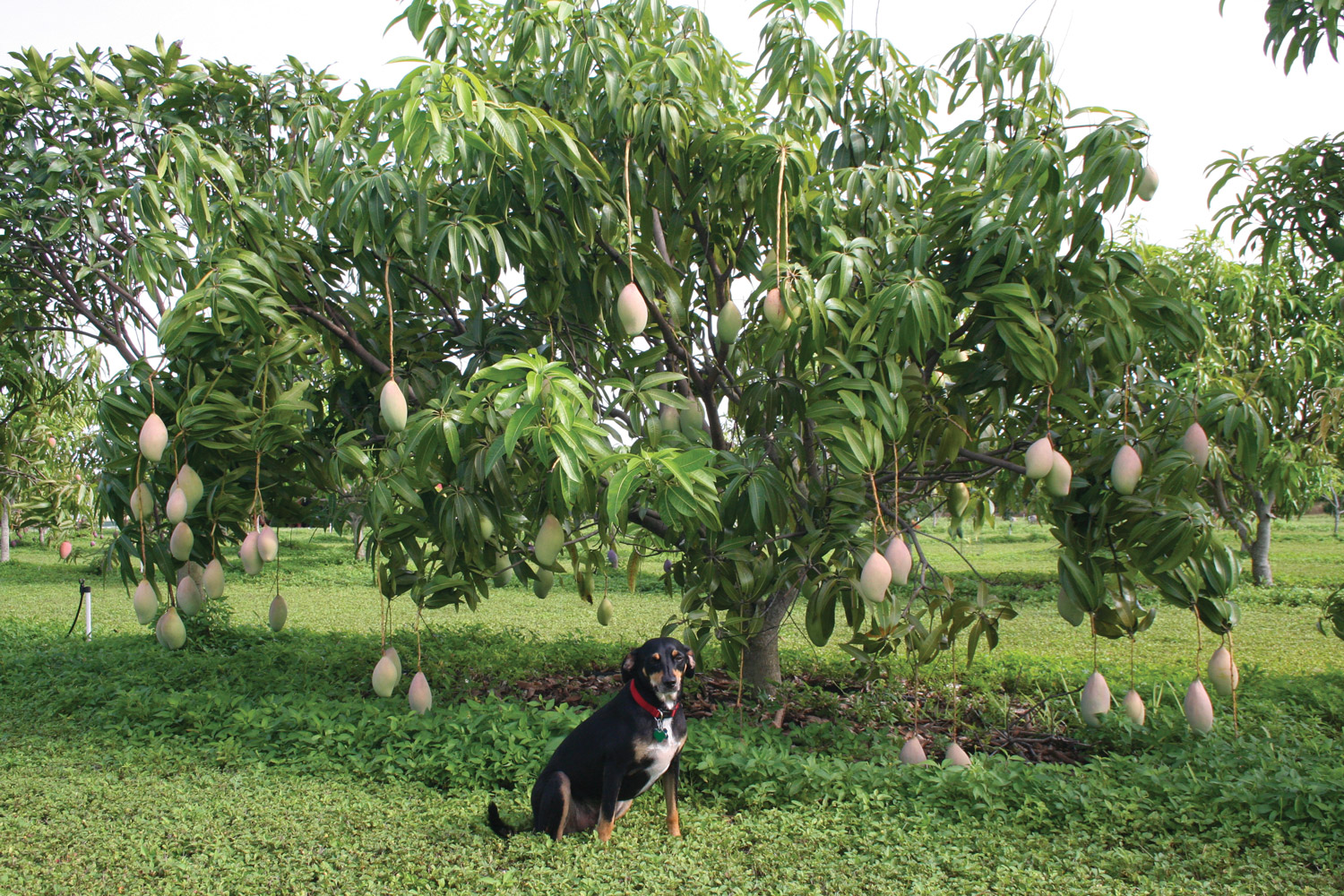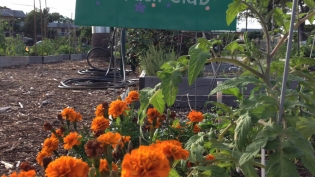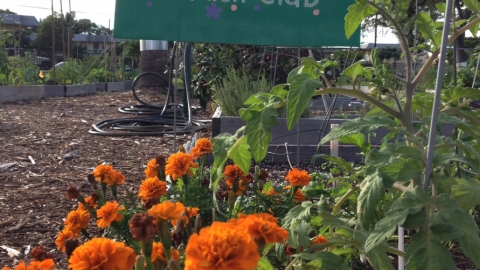The Nature of Things
With age, the horticulturist develops a sense for the very nature of the crops that he tends to. We gain experience that we lacked when we were young and knew so little.
In the early days, we have to control everything. We innovate, we meddle and we lord over our wards in the field, using our will and external inputs in order to push the trees. If we’re good, we can achieve our goals, and we think ourselves better than we are. This is the arrogance of horticultural youth. But, eventually, we grow up.
On many occasions, my father said, “Son, I taught you all that you know, but I haven’t taught you all that I know.” My relationship with my father was one of both respect and admiration, so I was quick to laugh with him when he delivered this sage advice. But as I have aged, I have come to understand the message more deeply. I was armed with the latest in technology and training, but my father, the horticulturist, saw much more than I did. So quick was I to control that I did not listen to the trees as he did.
Labor of Love
Now that I listen, I produce such better fruit in the edible landscape. Tree fruits in the home landscape are not necessities for our survival. We have the grocery store and endless services in our modern society. But the perfect homegrown mango – grown properly as nature intended – this is what feeds the soul. You cannot make the mango tree produce the perfect fruit. You have to provide the proper environment that allows the tree to produce this gem. This comes with experience, patience and a gentle hand. And how do you know when you reach this plateau of home gardening? Well, you just do. It’s not a youthful infatuation; rather, it’s a long-term give and take – a labor of love.
All the fruit trees in the garden hold this potential. It is up to the gardener to tend to the environment and nurture this inherent nature in the tree. There can be no recipe. Every year is different. One month it’s too dry, one too wet. Some seasons are a struggle. Others, a pleasure. In the troubling years, the ultimate nature of your fruit will not be achieved. It will be a disappointment, to be sure, but not the end game. Hope springs eternal and rains will come and go, as will the perfect season.
Good Growing
The key to a fulfilling gardening life is to see enough to recognize it. The mundane alternative is to eat fruit from controlled conditions, under the protection of glass and artificial light. Consistency may be achievable, but what about exceptional excellence and the failure to achieve it? These are the hallmark of our lives and build our horticultural and human character. Should we wish for anything less in our fruit?
Maybe I’m just getting old. But growing exceptional fruit has never been more exciting to me than in its now. To help my trees achieve their nature by applying a lifetime of experience to my training – this is horticulture. Don’t sell yourself or your trees short. Think about your practices, your footprint. Live within your horticultural world – your own property, and above all else, strive for good growing.







